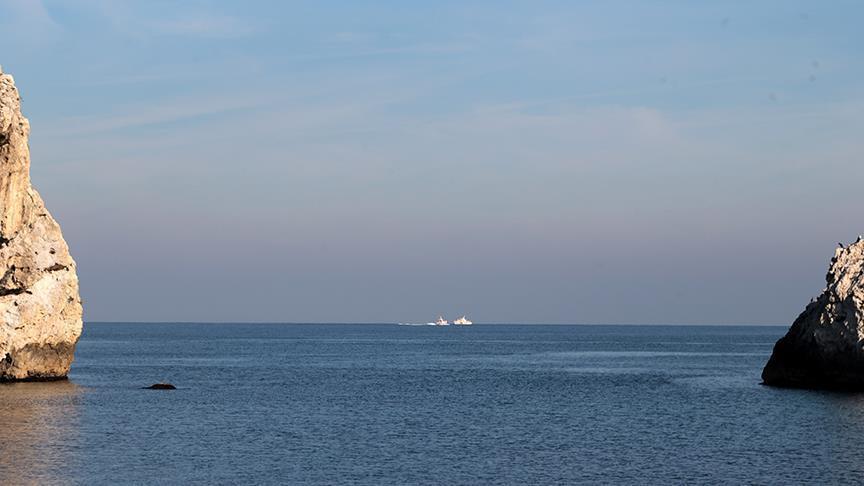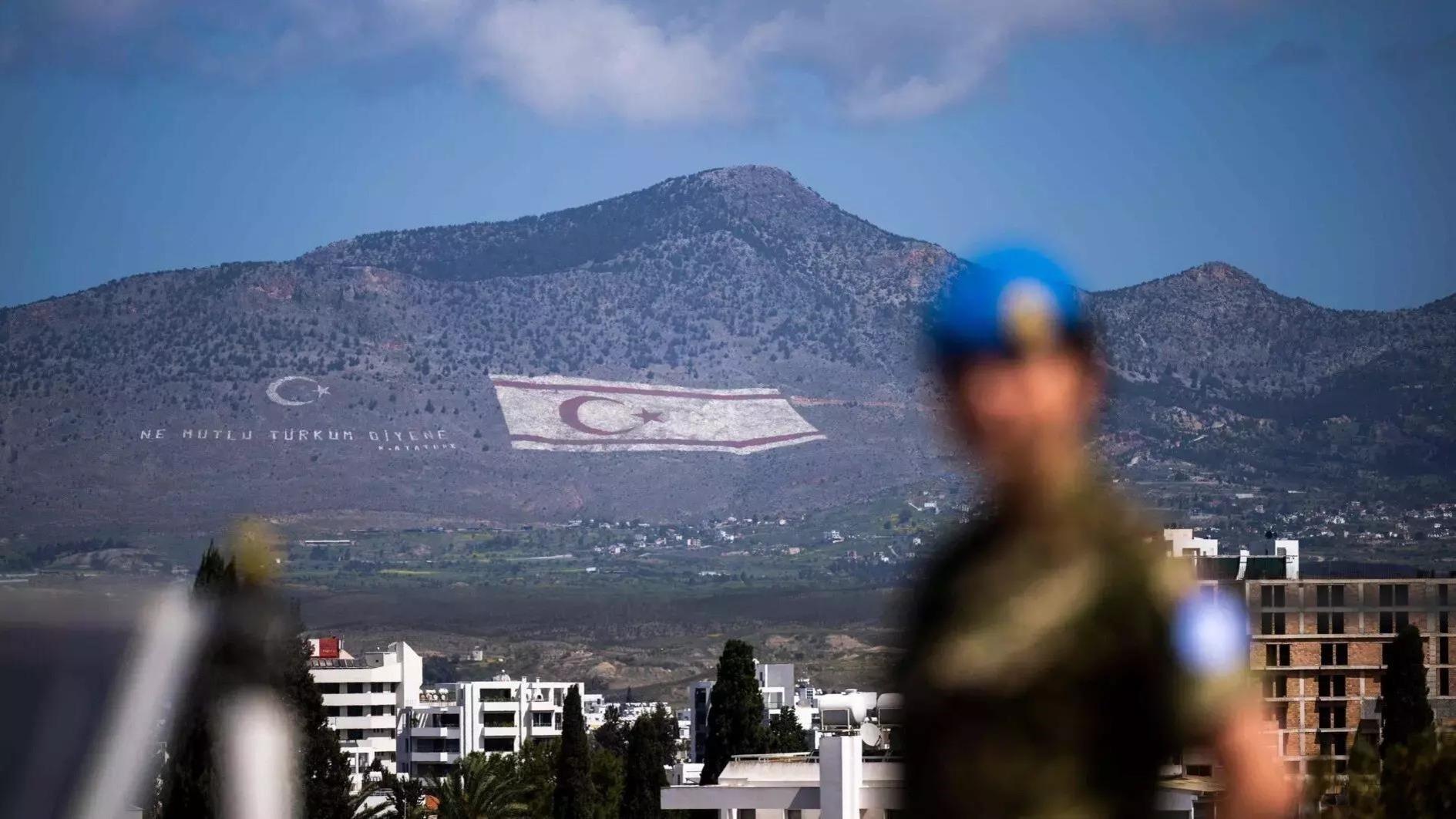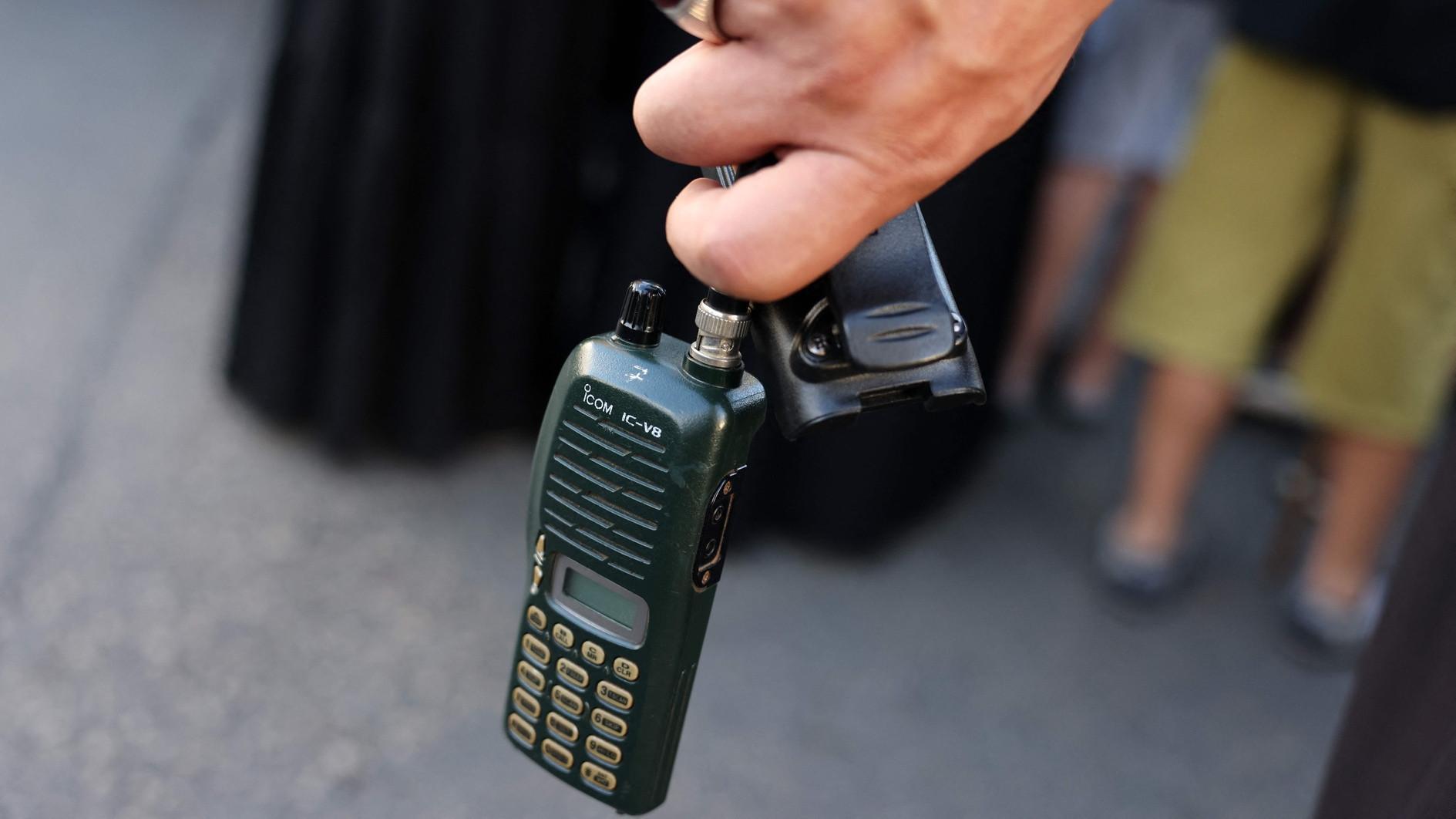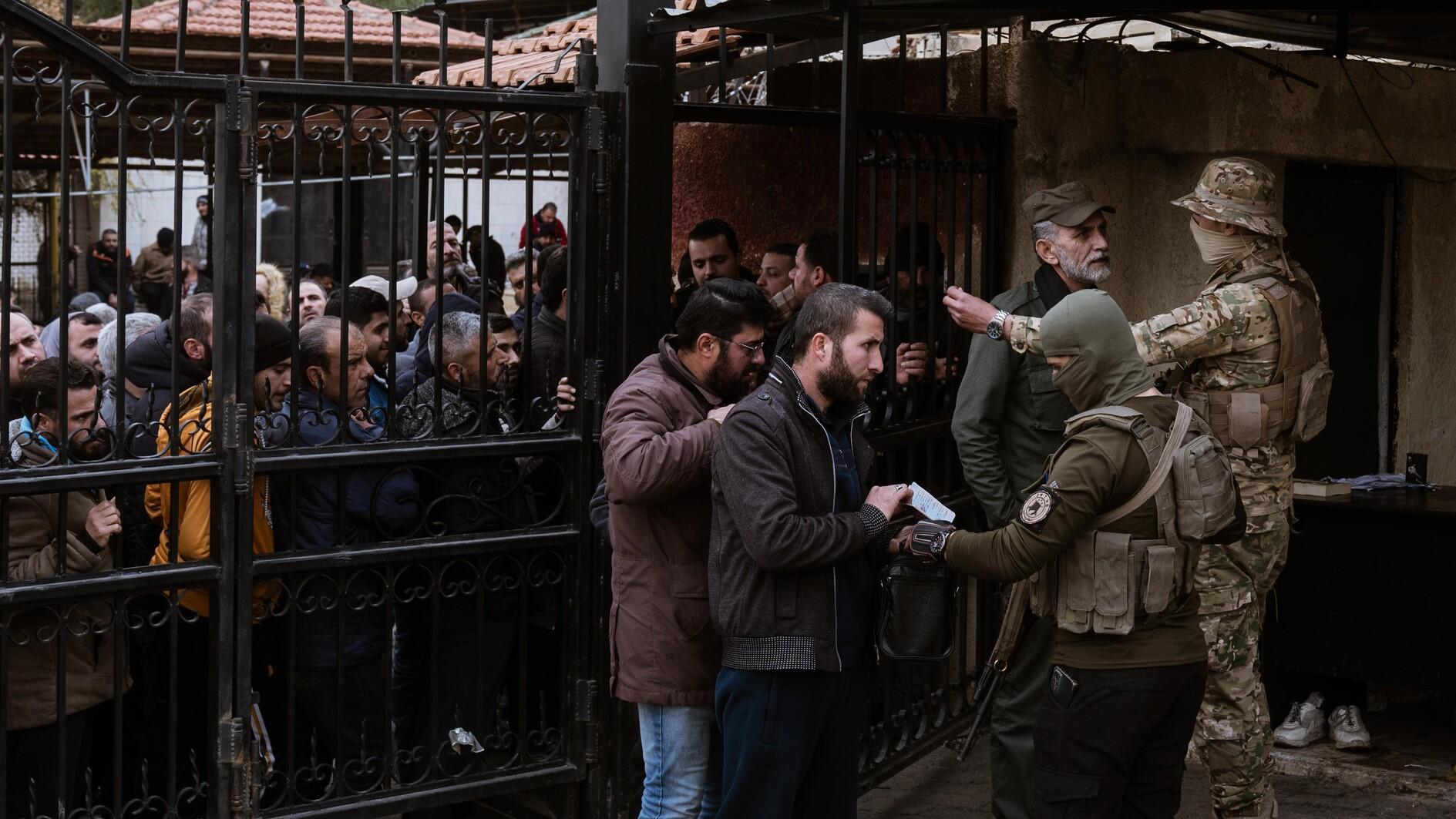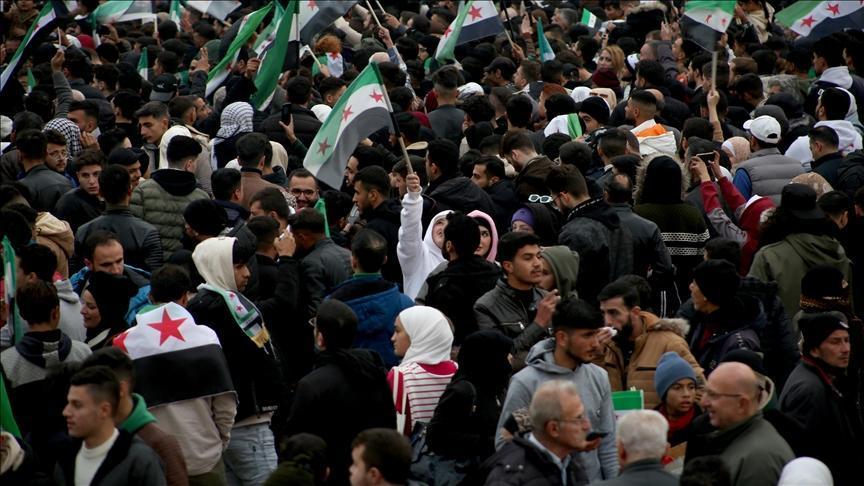Are Turkey-European Union relations incurable?
The Turkish business community is “worried” about “perceptions” that the distance between Turkey and the European Union has been increasing.
Haluk Dinçer, the chairman of the Turkish Industry and Business Association (TÜSİAD), referred to the concrete concern by using the less direct term “perceptions” in his opening speech at an Istanbul conference titled “Turkey’s Relations with the European Union: Scenarios of the Future” on Nov. 20.
The truth is that the distance between Turkey and the EU has been widening for the last few years, despite President Tayyip Erdoğan’s earlier declaration of 2013 as the “Year of Europe” for Turkey. The fact that the conference was organized by TÜSIAD not in cooperation with a European institution, but rather with the Washington-based Brookings Institution, says a lot about the situation. Not very many people in Europe care about Turkey’s membership target at the moment.
One of the few who does care, Italian Deputy Foreign Minister Lapo Pistelli, said in the conference that when looked at from Europe, today’s Turkey was perceived as part of the “mess” of the Middle East.
The Turkish government’s representative in the conference was Ambassador Engin Soysal, the undersecretary for Turkey’s EU Ministry. Soysal did not touch on that side of the story, but instead concentrated on Europe’s need to see the benefits of cooperating with Turkey.
But another Italian, researcher Nathalie Tocci, who recently wrote a paper for Brookings titled “Turkey and the EU: A Journey Unknown,” listed among the drawbacks the political atmosphere in Turkey where power is increasingly being centralized, and the fact that the rules-based system is being eroded.
Meanwhile, underlining that welfare and high consumption could not be sustained without democracy, TÜSİAD head Dinçer said a number of steps that Turkey took in the early 2000s toward harmonization with the EU in areas of democratization and the economy have started to be taken back. He gave the example of the public procurement law and economic regulations, and also asked the government to consider lifting the ban on Greek Cypriot trade once again, highlighting that this would not mean politically recognizing Greek Cyprus.
Kemal Derviş, the former head of UNDP and the architect of Turkey’s economic reform program in the early 2000s, said in his speech that business owners in Turkey - especially in areas close to its Middle Eastern neighbors, Syria, Iraq and Iran - have once again started to consider Europe a better trading partner. Derviş linked that observation to the recent German Marshall Fund survey that showed popular support in Turkey for EU membership rising above 50 percent for the first time in three years.
“The danger of being absorbed in the Middle Eastern mess, or tragedy, heightens every day” Derviş said. He stressed that time was running out for Turkey to be included in the EU’s near future scheme, but added that it was still not too late to get integrated eventually, perhaps to a differently structured Europe, hinting at the “privileged partnership” model suggested by Germany’s Angela Merkel.
Are Turkish-EU relations incurable? Perhaps the conference helped everyone in attendance to better understand that if Turkey and the EU continue to do the same as what they have done so far, relations may well become incurable soon. That would be a lose-lose scenario.
NOTE: Turkish Foreign Ministry Spokesman Tanju Bilgiç stated on Nov. 20 that reports of the Free Syrian Army (FSA) abandoning Aleppo under the siege of forces loyal to President Bashar al-Assad were untrue, including one report written by myself in the Hürriyet Daily News on Nov. 18.
Bilgiç also said he had no information about whether the FSA leader, Jamal Maarouf, had fled Aleppo for Turkey, which was also in my report.
Private Turkish broadcaster channel Kanal-D has found and interviewed Maarouf in Turkey, as has the semi-official Anadolu Agency. My information, based on Turkish security sources, suggests that there may still be members of groups under the umbrella of the FSA, but the core has left the town.
The latest on Aleppo is that the second largest city of Syria, only 60 km from the Turkish border, is still under siege by al-Assad’s forces, who have left a nearly 5 km corridor open for those who want to escape in Turkey’s direction, which will further add to the refugee load here.



